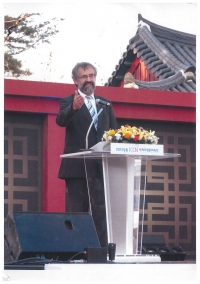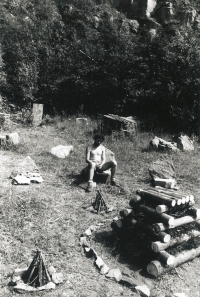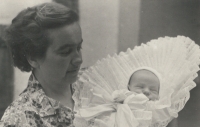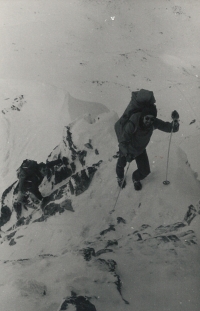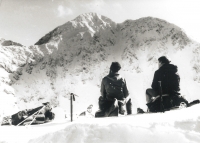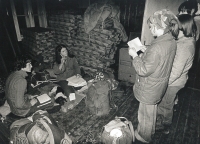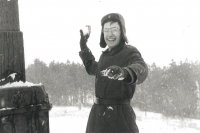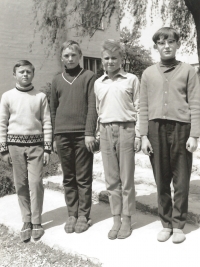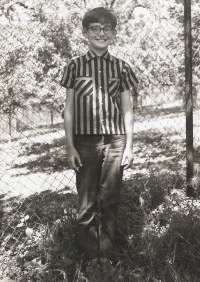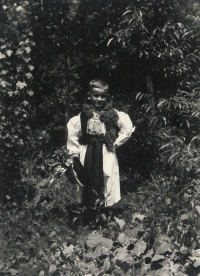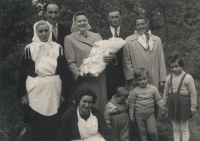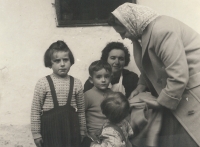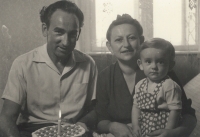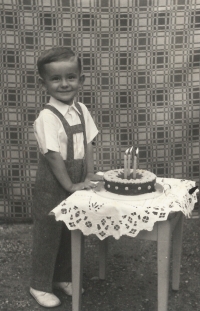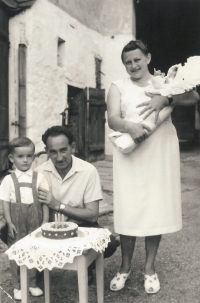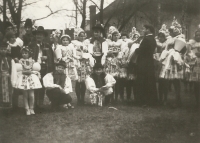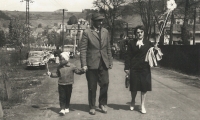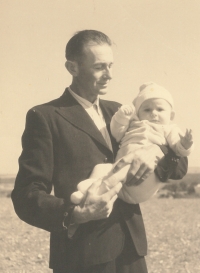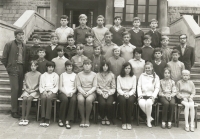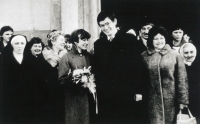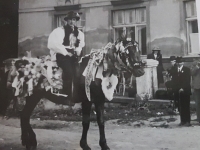When the rights return to us
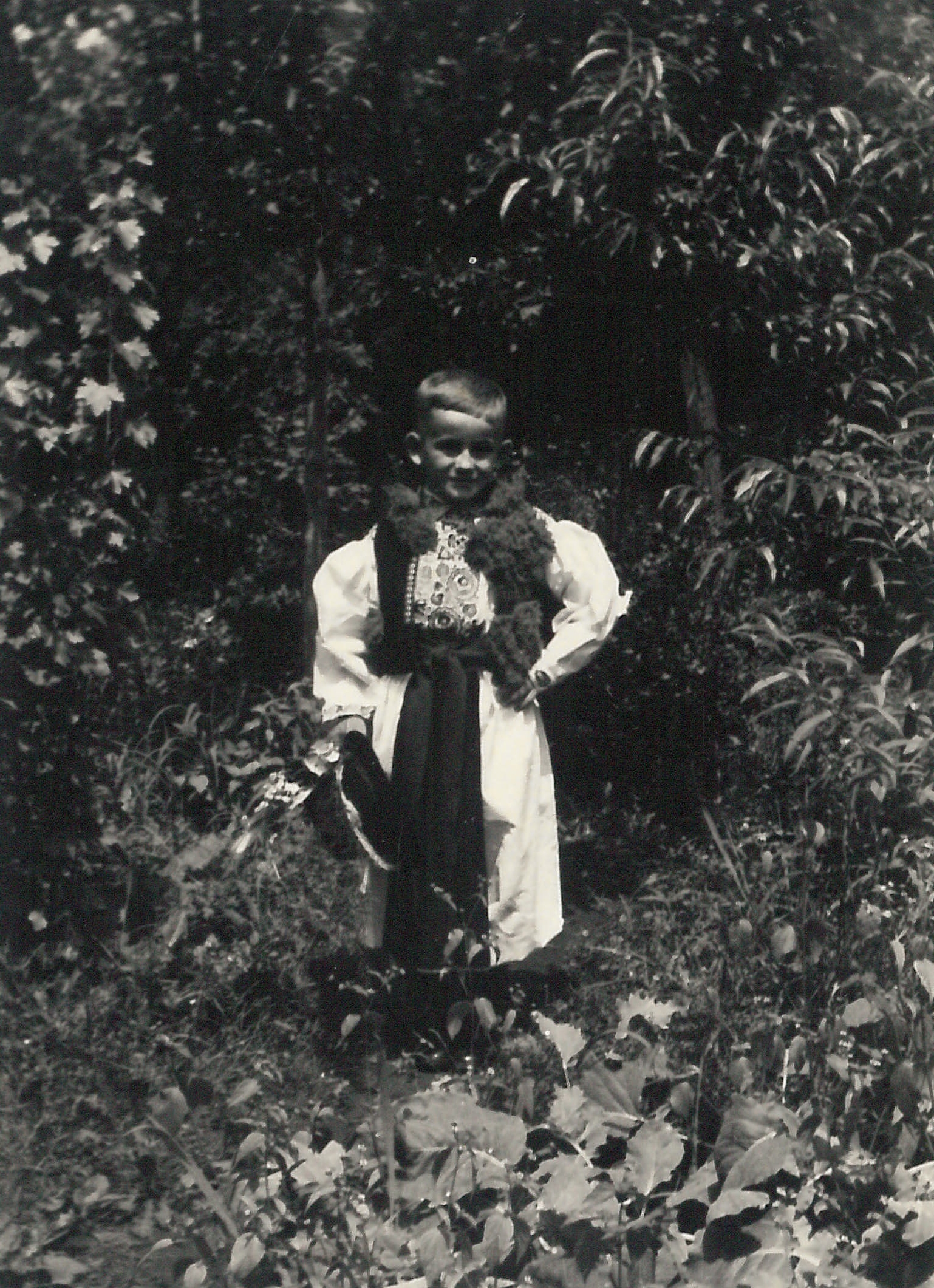
Stáhnout obrázek
Jan Pijáček was born on the 11th of July in 1958 in Ostrožská Nová Ves. He grew up in the family of a former political prisoner, Antonín Pijáček, and Marie, née Kovářová. In June 1948, his father was arrested during an attempt to illegally cross the borders to Austria and he was held in court custody in prisons in Znojmo and in Uherské Hradiště. There, he was subject to heavy torture with electricity and to beating on his feet, which caused him lifetime issues. He was sentenced to 16 years for grand treason and imprisoned in the forced labour camp at Jáchymov uranium mines. He was released after eight years. In connection with the agricultural collectivisation, even his wife’s family members were persecuted. The persecution of the father extended to the son until his adulthood. Jan apprenticed at the State Wood-processing Trade School in Valašské Meziříčí. He was attached to tramping and he became a member of a nature protection association Tis [Yew]. He met his wife in a tramp music band, Traband, and they raised their three children in the spirit of scouting, in faith and love of nature. Together, they settled in Vlčnov. In the 1980’s, they distributed samizdat materials and during the 1989 Velvet Revolution, they joined the Civic Forum. Jan entered the local politics and he was elected as vice-mayor for two consecutive terms; later, he served as mayor for the Civic Democratic Party (until 2017) and and a council member for the Zlín district. He was at the establishment of the Eastern Moravian Slovakia microregion and the In 2010, he took over the position of the chairman of the ICCN (INTER-CITY INTANGIBLE CULTURAL COOPERATION NETWORK) who … organisations caring for intangibule cultural heritage (in the case of Vlčnov, it is the Ride of the Kings, which has been listed on the Representative list of the intangible cultural heritage of UNESCO). He sat on various advisory boards of several ministries. For several years, he was a member of the Czech National Committee for UNESCO. In 2021, he was awarded for his lifetime care for cultural heritage by the President of Czech Republic, Miloš Zeman. He was also awarded the Jože Plečnik award. In 2021, he lived in Vlčnov.
